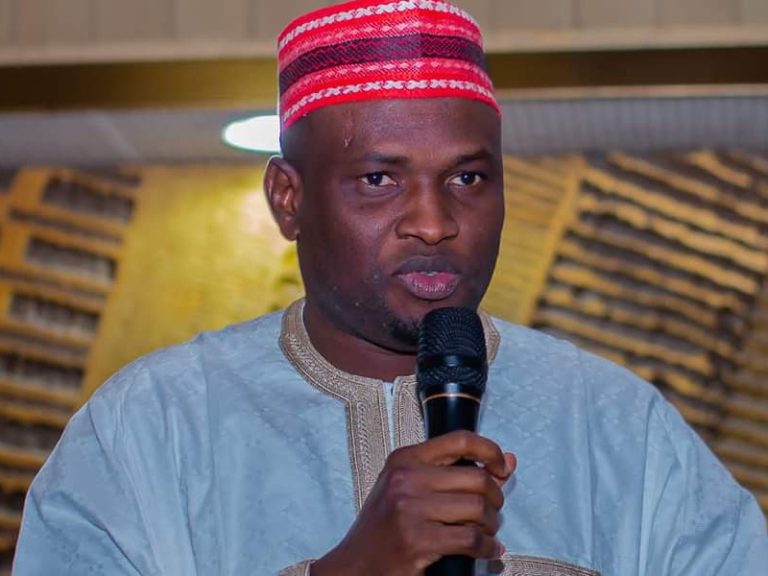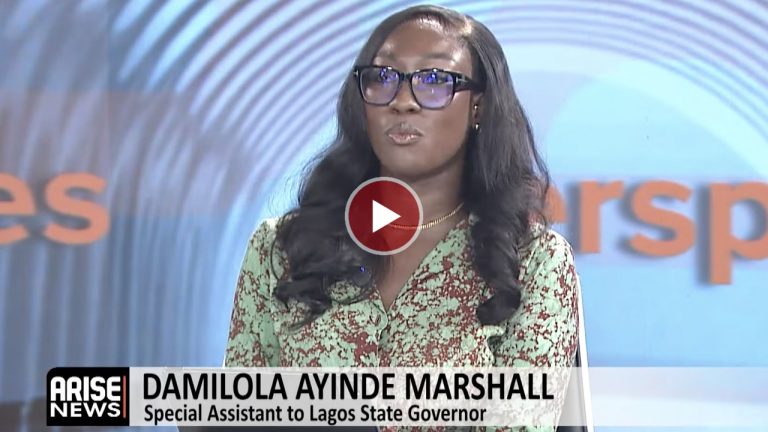Nigeria’s Senate has passed for second reading a bill seeking to amend the Customs, Excise Tariffs, etc. Act to earmark revenue from excise duties on non-alcoholic, carbonated, and sweetened beverages for health programmes and infrastructure development.
Sponsored by Senator Banigo (Rivers West), the amendment aims to make Nigeria’s taxation system more responsive to public health needs by directing part of the existing sugar-sweetened beverage (SSB) tax to primary healthcare and preventive initiatives.
Leading debate on the bill, Banigo, represented by Senator Amos Yohanna, said the proposal was “not a new tax,” but a way to “use existing revenues to improve Nigerians’ wellbeing.”
“This amendment is not merely fiscal; it is a public health investment strategy aligning taxation with national health priorities,” she said.
Banigo noted that excessive sugar consumption drives non-communicable diseases (NCDs) such as diabetes, obesity, and heart disease, which account for over 30 percent of deaths in Nigeria. She stressed that despite the Abuja Declaration pledge to allocate 15 percent of national budgets to health, Nigeria still falls short.
She added that while other sectors benefit from earmarked levies, public health is excluded. “This bill corrects that by making health a beneficiary of excise revenues from products that harm wellbeing,” she said.
If passed, the amendment would create a dedicated fund for preventive health programmes, grassroots healthcare infrastructure, and wellness education.
Senator Idiat Adebule supported the bill but warned against new taxes, while Senate Whip Tahir Monguno said additional health funding would offset reduced donor aid. However, Deputy Senate President Barau Jibrin argued that such fiscal adjustments could be made by the Executive without new legislation.
Following its approval for second reading, the bill was sent to the Committees on Finance, Commerce, and Health for detailed review.



